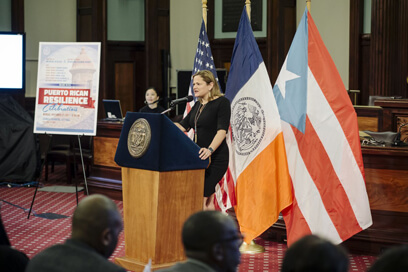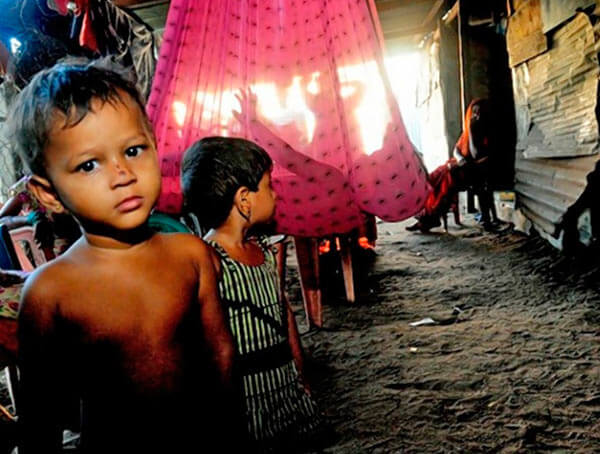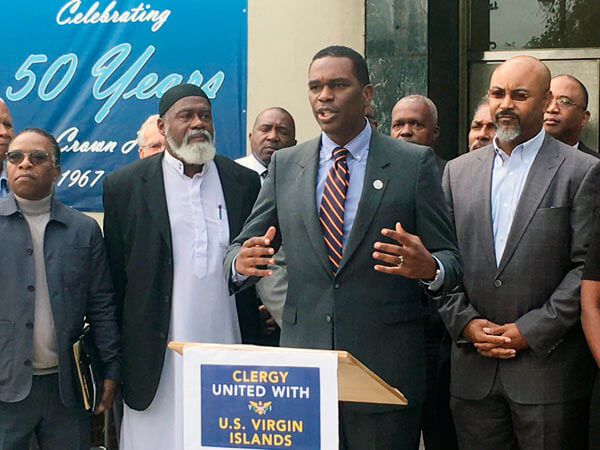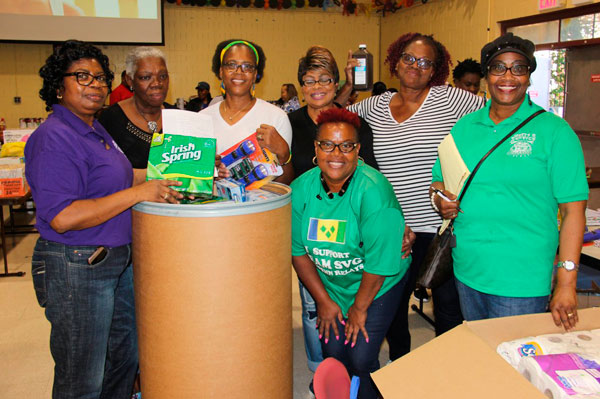The World Bank’s Board of Executive Directors on Friday approved two emergency support operations totaling US$65 million for restoring agriculture livelihoods, strengthening resilience and rebuilding houses destroyed by Hurricane Maria.
The World Bank said the figure represents the bank’s highest ever financing for Dominica and is part of a larger US$115 million package of support. that includes financing of US$65 million in concessional terms and US$50 million in grant financing from the International Development Association’s (IDA) Crisis Response Window.
The Washington-based financial institution said the IDA Crisis Response Window is designed to help IDA-eligible countries recover from severe disasters and crises.
The World Bank said as the eye of the storm wreaked havoc in Dominica last September, more than 30 people were killed, and total damages and losses were estimated at US$1.37 billion or 226 percent of the island’s gross domestic product (GDP).
The greatest damages were in housing and transport, with more than 4,500 houses destroyed and 20,000 partially damaged, and many roads and bridges affected and covered by trees and flooded debris, the World Bank said.
It said the agriculture sector had the largest losses, with 80 to 100 percent of crops destroyed.
The World Bank also said farmers lost half of their cattle, and many fishermen lost their boats and fishing gear.
“This financing enables us to make two critical investments in our economic recovery following the devastation of hurricane Maria last year. These investments in agriculture and housing also represent vital components of our plan to make Dominica the first climate resilient nation in the world, said Dominica Prime Minister, Roosevelt Skerrit, in the World Bank statement.
The World Bank said the Emergency Agricultural Livelihoods and Climate Resilience project (US$25 million) will help farmers and fisherfolks to restore their agriculture and fishing production and systems, and adopt climate smart practices.
The Housing Recovery project (US$40 million) will focus on rebuilding houses and improving the application of resilient building practices, the World Bank said.
It said the total US$65 million project financing for these two projects includes the US$50 million of grant financing.
“Last year was a stark reminder that the Caribbean is a region most exposed to natural disasters,” said Tahseen Sayed, World Bank’s Country Director for the Caribbean. “Through these projects, we have an opportunity to contribute to Dominica’s efforts to build back better and smarter, with structures able to resist high winds, and help some of the most vulnerable including farmers and fisherfolks to cope with the shock and be better prepared for the next storm. We are committed to deepen our partnership with Dominica in support of its aspiration for becoming a climate resilient nation.”
The World Bank said about 1,700 families will receive subsidies from the housing project, adding that 4,900 farmers and fisherfolks will receive support from the agriculture project.
In the immediate aftermath, the World Bank said it mobilized a disaster risk management team to help the governments of the most affected islands, Antigua and Barbuda and Dominica, to conduct rapid damage and needs assessments, in collaboration with the United Nations, the European Union, the Eastern Caribbean Central Bank, the Caribbean Disaster Emergency Management Agency and the Caribbean Development Bank.
The World Bank said the assessments were delivered in time for the Caribbean Community (CARICOM) donor conference coordinated by the UN.
At the same time, the World Bank said US$7 million contingent emergency response component of an existing emergency project was immediately activated in Dominica.
In the Caribbean, the World Bank said many financial tools that it developed are being used to get quick access to finances for reconstruction.
These include emergency funds, insurance instruments, and contingency lines of credit, the World Bank said.
It said eight countries have received payouts of more than US$50 million from the Caribbean Catastrophe Risk Insurance Facility, a regional risk pooling mechanism. Dominica received a payout of US$19.3 million after Hurricane Maria, the World Bank said.
Currently, the World Bank said it is supporting Caribbean countries with almost US$1 billion focused on strengthening resilience and financial protection against disasters — of which nearly half a billion dollars is focused on disaster risk management (US$430 million).
In addition, the World Bank said it is “engaged” in Haiti with more than US$935 million.

























